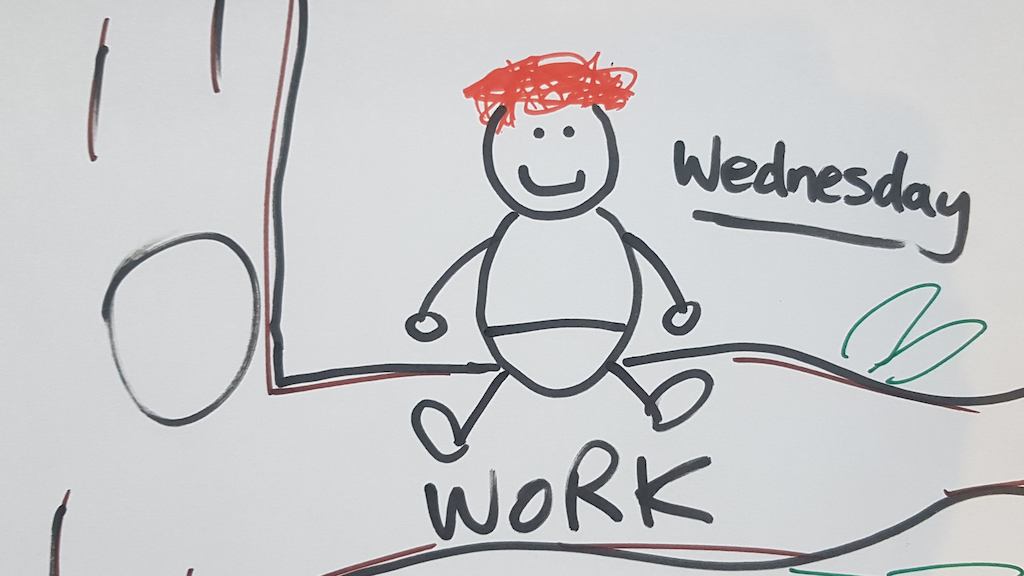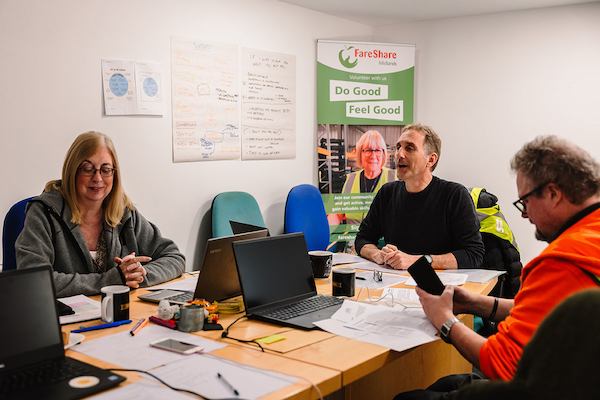For me this was a choice, and one I was lucky to be able to make. I recognise that I’m privileged at work in many ways - I have a stable job, good levels of control and autonomy, and I work for an employer who positively promotes flexible working, in a sector where there is little social stigma to working part time.
Not everything is perfect and not everything is easy. Getting a flexible working request accepted is only the first stage: job redesign and a shift in mindset is crucial. Most weeks involving catching up, needing to accept that you can’t do everything you might want to do. This happens in the very best of employers and with the most supportive of colleagues, because the truth is it’s not always straightforward.
But it’s a decision I’m very glad I’ve made, both for the here and now and for the future. At the Centre for Ageing Better we think a lot about the 100-year life, and what that means for work, careers, and retirement. Longer life expectancies mean that the ‘Tree of Life’ grows taller and our concept of work needs to stretch as well, adjusting our focus between paid work, caring for others, and investing more time to reinvigorate or reinvent ourselves.
If our ‘work branch’ is too rigid, if it’s not allowed to bend in the breeze or under the weight of someone who needs support, it can snap off altogether. One in five people aged 50-64 who have left the labour market early have done so for health reasons. A quarter of the UK’s adult population have experienced ‘sandwich caring’ at some point in their lives. Large numbers retire early or leave work because it becomes untenable or doesn’t fit with a work/life balance. And often when that happens when we’re older it can feel like it is too late for new branches to grow.
A shift is in the air – the government will soon be consulting on making flexible working the default. Talk of a four day week might not be as revolutionary as we think. In the UK the average worker already works 32 hours a week. But the average masks a division for some who would prefer more hours and others less. Often if you’re working full time it’s hard to imagine that there might be a stage in your life when you won’t.
So I have two asks:
-
For individuals to ask themselves - could, or should I work differently? Would it be better for me and those around me in the long run? Will working flexibly allow me to work better, for longer?
-
For employers - to challenge their own thinking - are we working this way because it’s the best way? Or, is it just the way we’ve always done it?
I’m delighted to be included in this year’s Power 50 list of people working flexibly. Flexible work isn’t ‘nice to have’ or niche anymore, this is what the future looks like for everyone – to make work more sustainable, rewarding and fulfilling.


